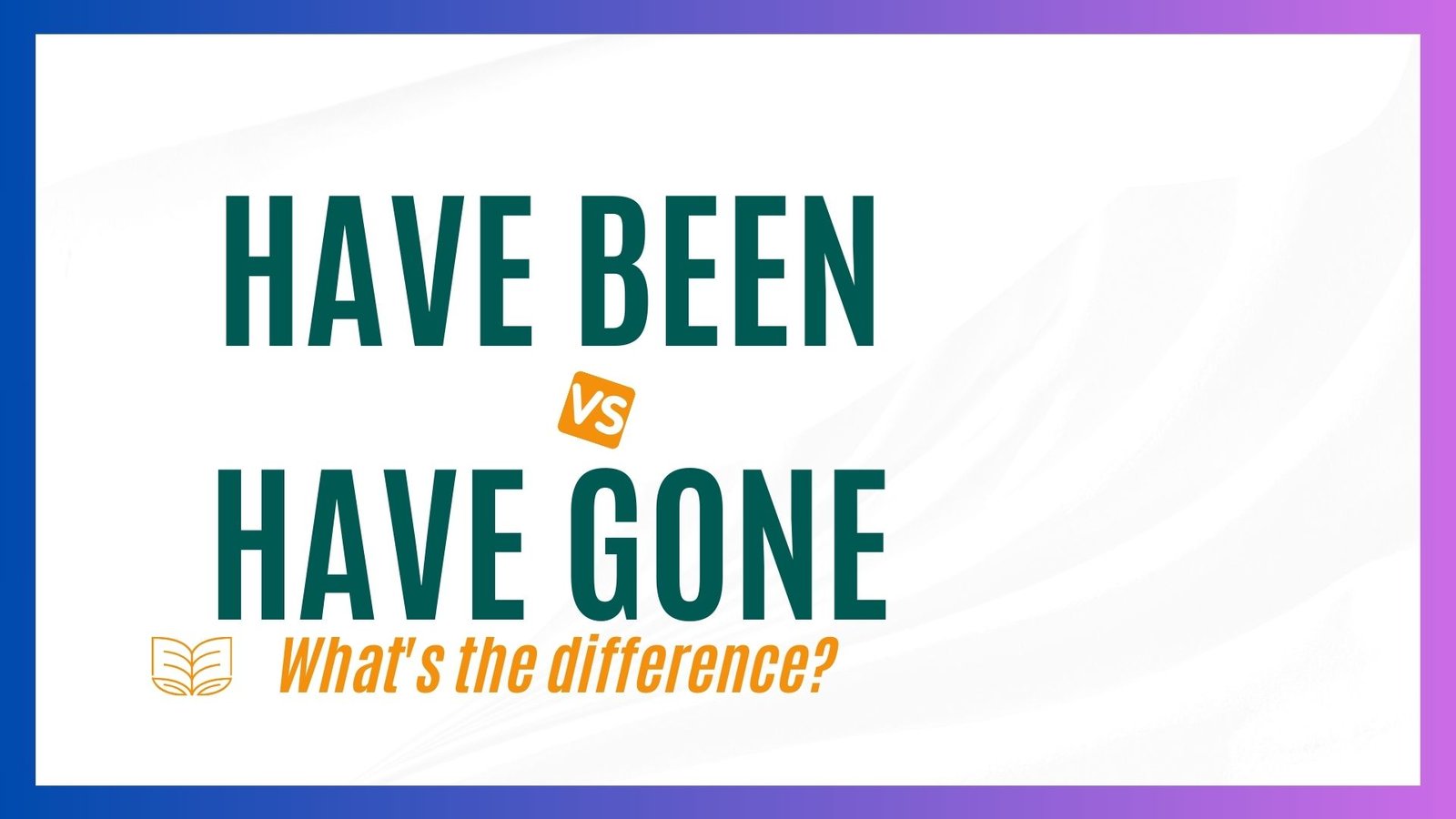

PETRA YVONNE ENGLISH
Fake News
Fake news has become a growing problem in the digital age, with the proliferation of social media and other online platforms. Misinformation and disinformation can spread rapidly, influencing public opinion, undermining trust in institutions, and even causing harm.
How can we distinguish between real and fake news, and what strategies can we use to combat its spread? What are the ethical implications of fake news, and how does it impact our democratic societies? And what role can technology play in addressing this problem, such as through algorithms, fact-checking tools, and media literacy programs?
Questions
- How do you determine if a news story is real or fake?
- What are some red flags that indicate a news story might be fake?
- How has the rise of social media affected the spread of fake news?
- What are some examples of fake news that you have come across?
- How can we combat the spread of fake news?
- What are the consequences of fake news?
- How can individuals and society protect themselves from fake news?
- How do you verify the credibility of a news source?
- How do you fact-check a news story or information?
- How do you address fake news when it is shared by family, friends or acquaintances?
- How do you deal with the emotional and psychological effects of fake news?
- How do you distinguish between fake news, satire and opinion?
- How do fake news creators benefit from it?
- How do traditional media and social media deal with fake news?
- How do you think fake news can be prevented in the future?
Share this with your friends👉
Facebook
Twitter
WhatsApp
Email
0
0
votes
Article Rating
Subscribe
Connect with
Login
I allow to create an account
When you login first time using a Social Login button, we collect your account public profile information shared by Social Login provider, based on your privacy settings. We also get your email address to automatically create an account for you in our website. Once your account is created, you'll be logged-in to this account.
DisagreeAgree
Connect with
I allow to create an account
When you login first time using a Social Login button, we collect your account public profile information shared by Social Login provider, based on your privacy settings. We also get your email address to automatically create an account for you in our website. Once your account is created, you'll be logged-in to this account.
DisagreeAgree
0 Comments
Oldest
Newest
Most Voted
Inline Feedbacks
View all comments
© 2025 Petra Yvonne English – English online

